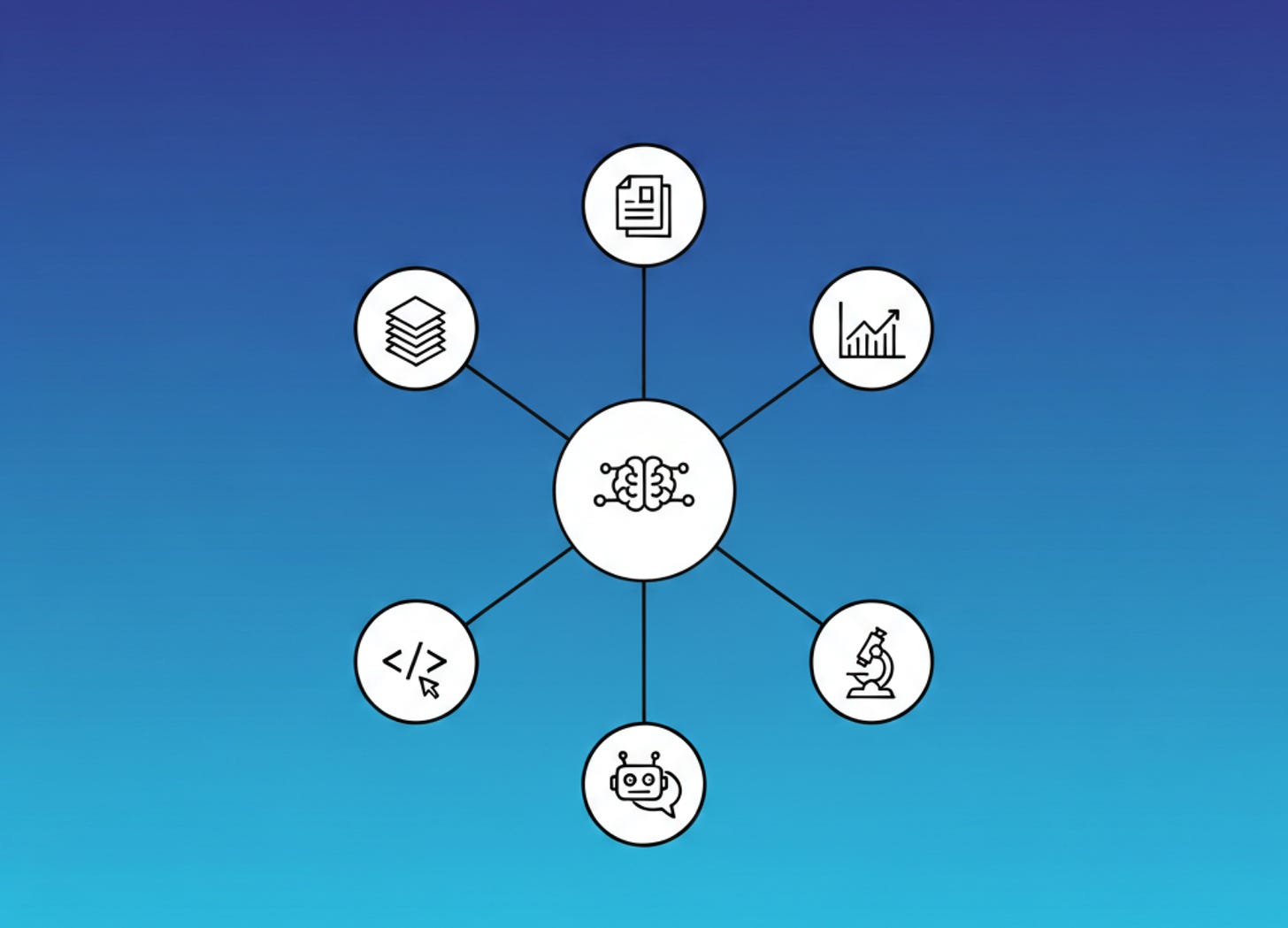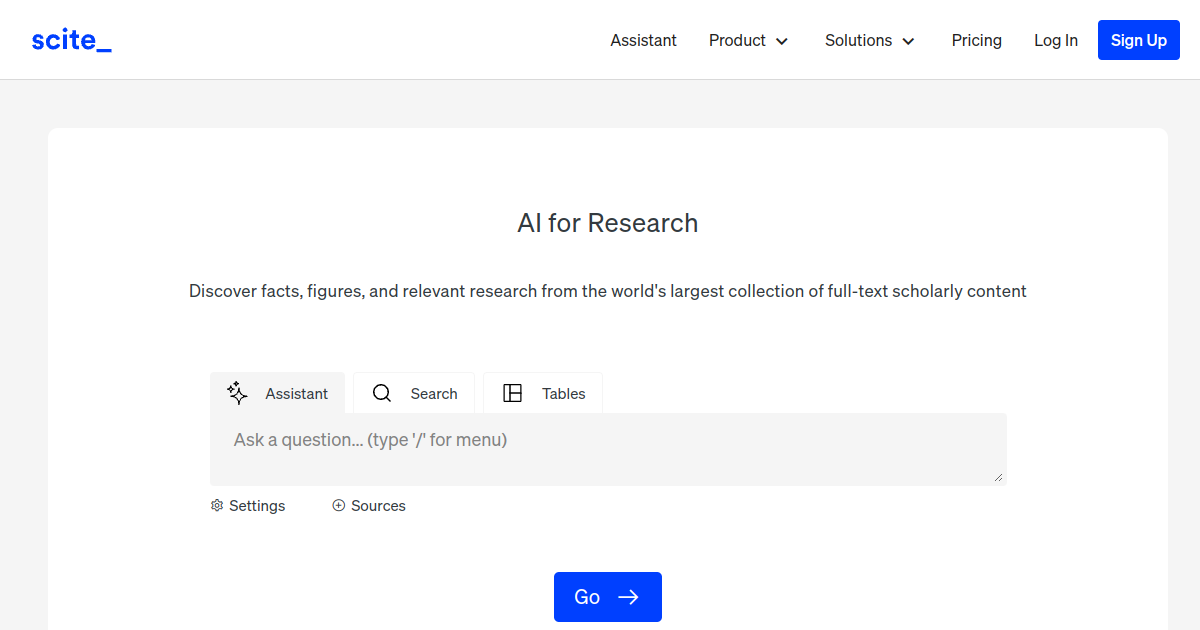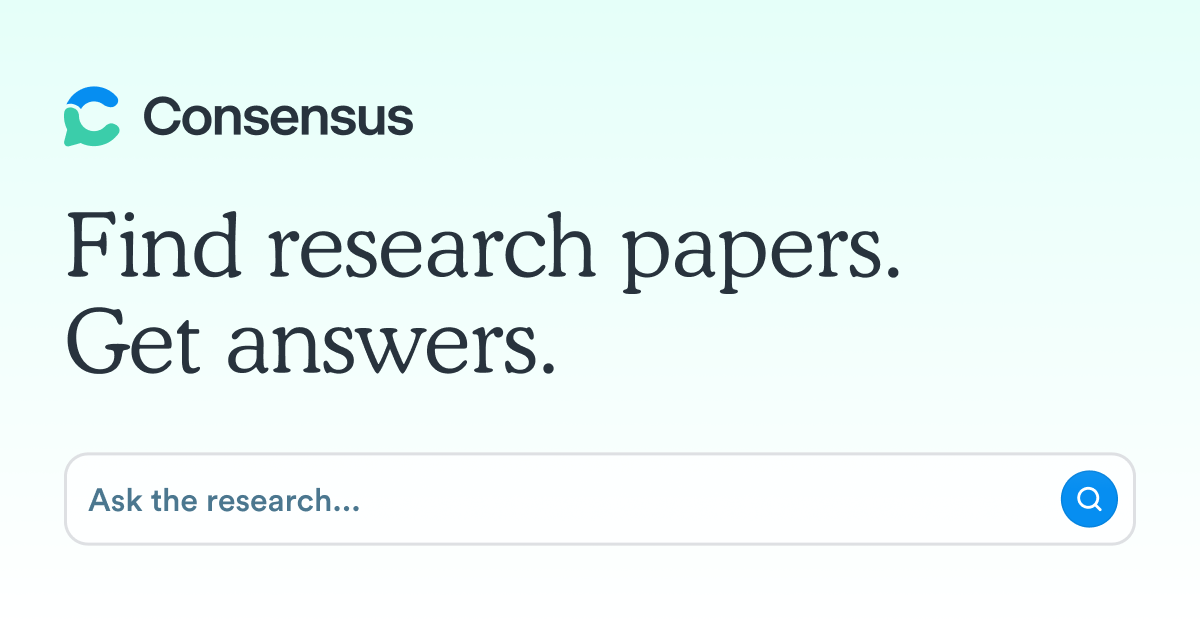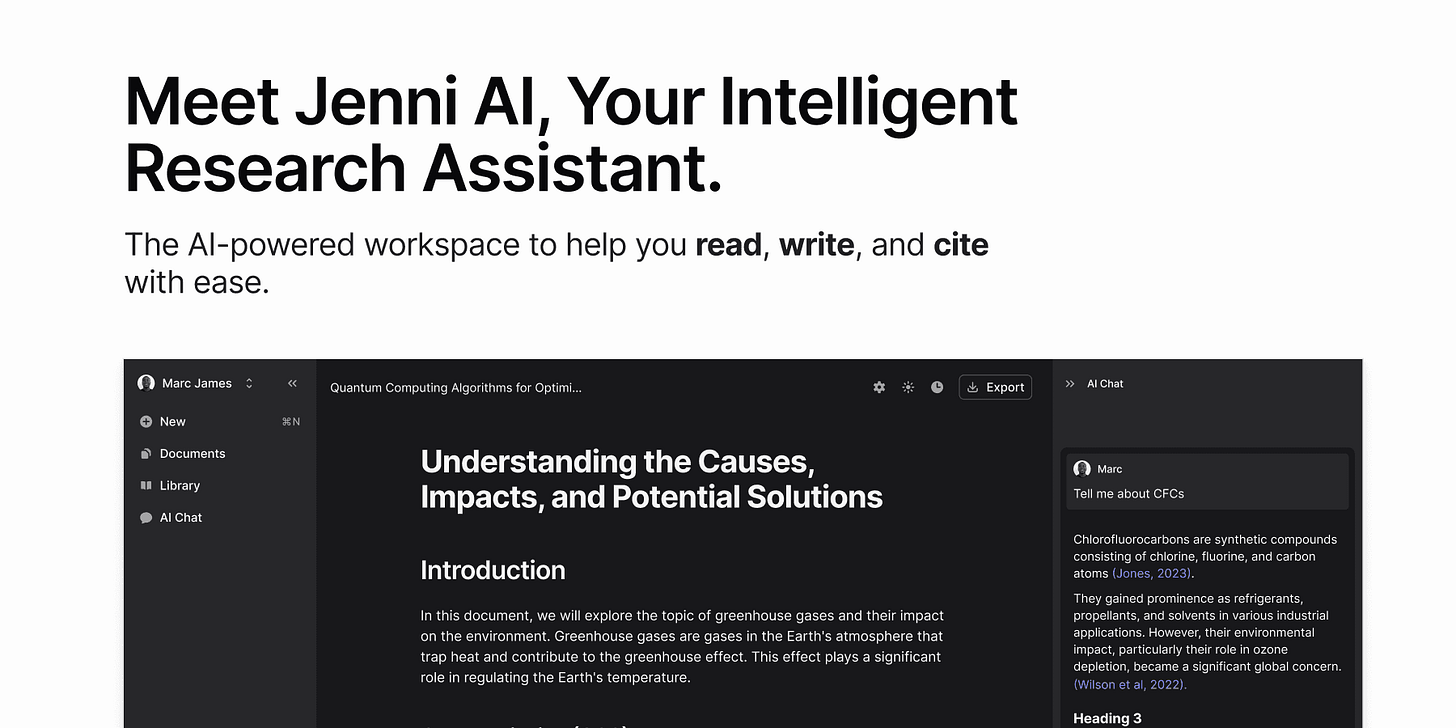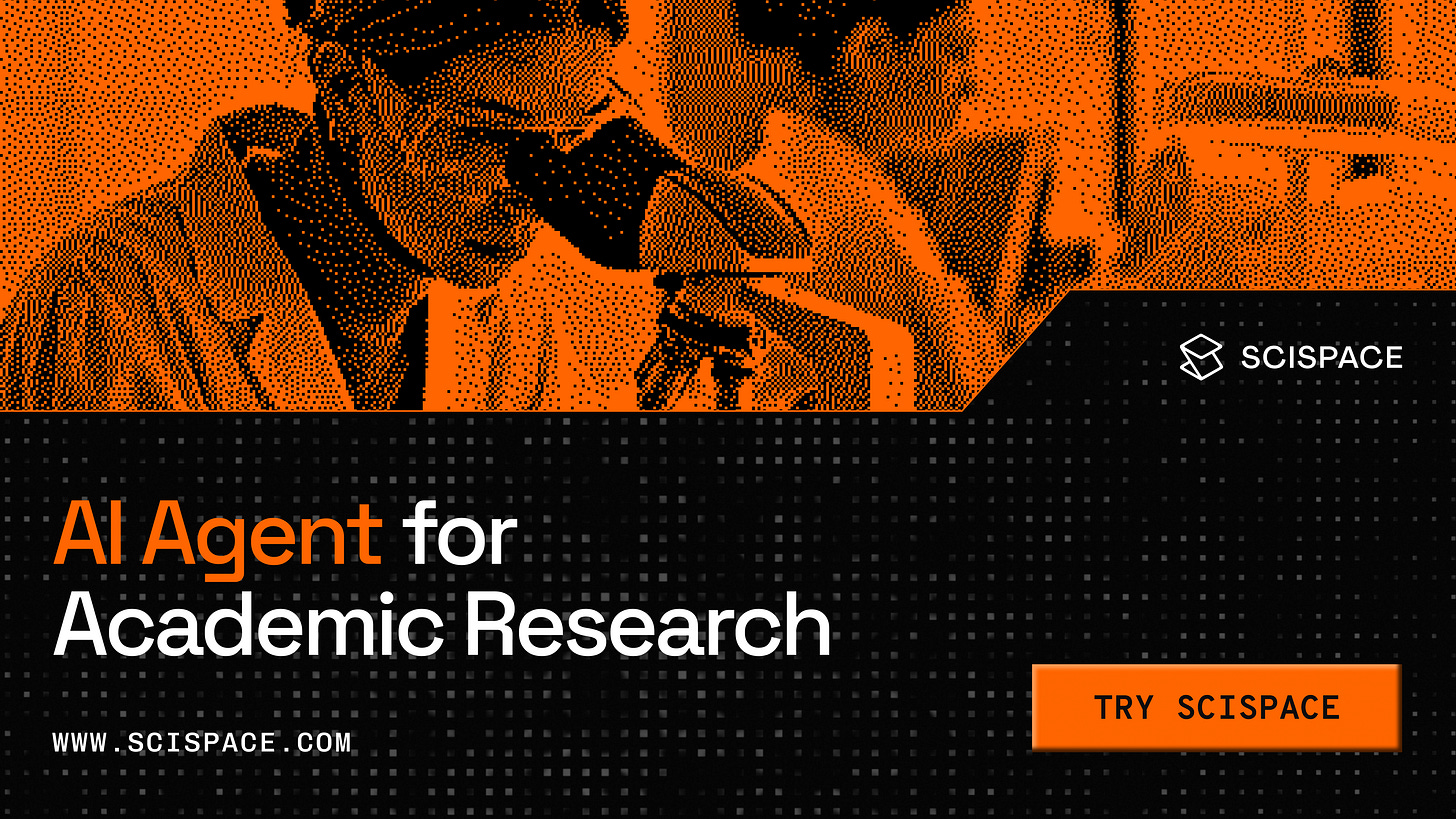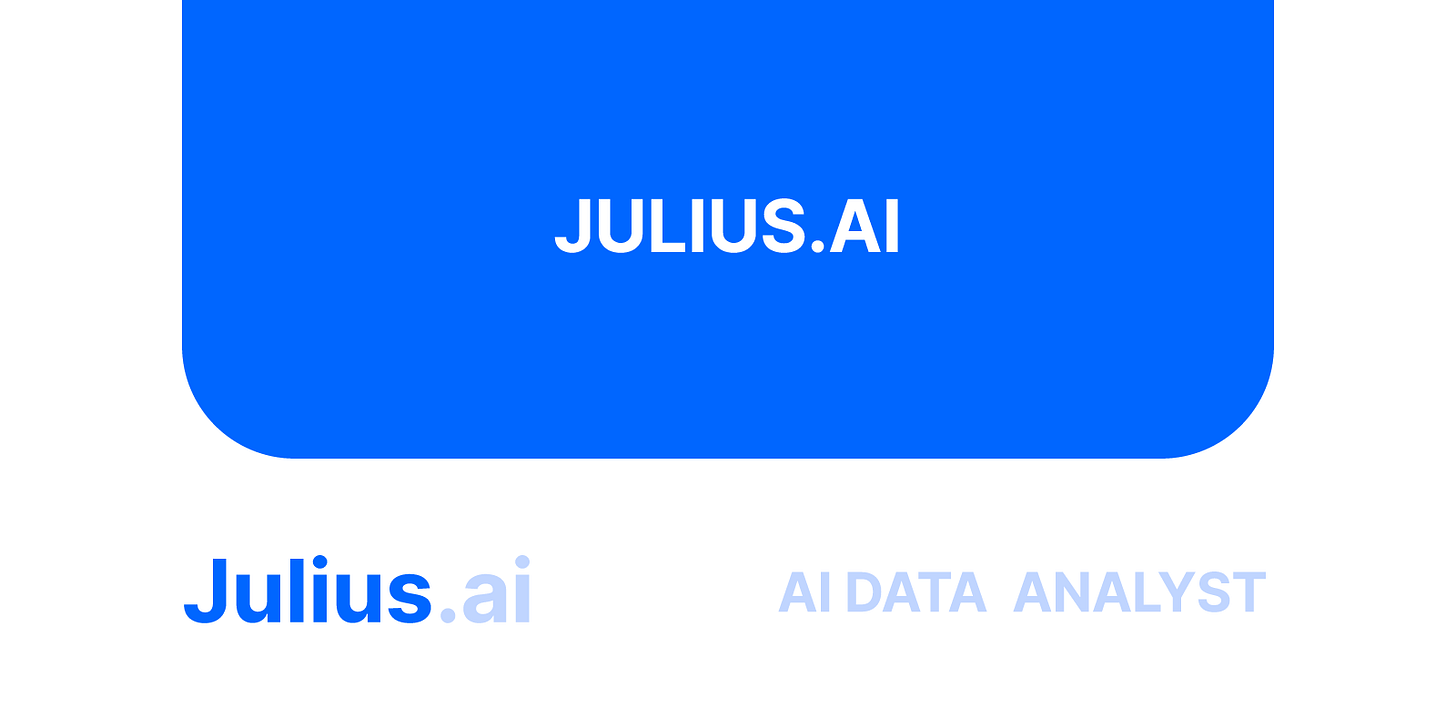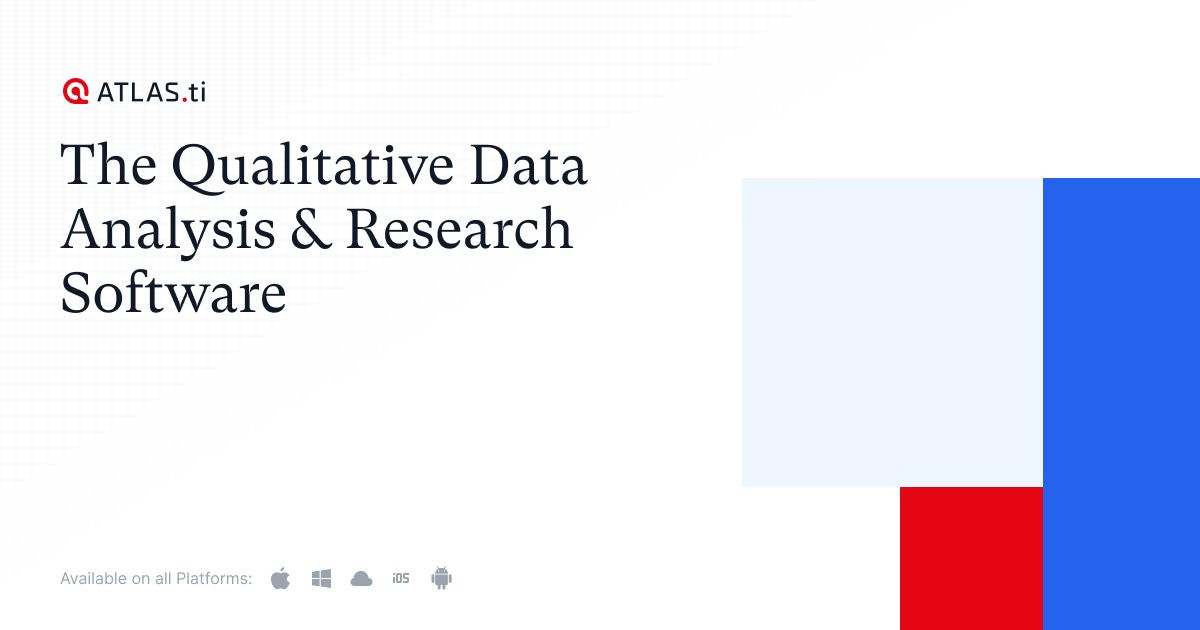Best AI Tools for Research: Literature Reviews, Writing, and Data Analysis
Hey AI Enthusiasts,
Today, we’re diving deep into a topic that’s revolutionizing academia and R&D departments everywhere: AI tools for research. The days of spending countless hours sifting through dense papers and manually organizing citations are numbered. AI is here to automate the tedious parts of research, freeing you up to focus on what truly matters: discovery and innovation.
Whether you’re a seasoned academic, a curious student, or a professional researcher, there’s an AI tool out there that can make your life easier. We will explore the best AI-powered assistants that can help you with everything from literature reviews to data analysis and academic writing. Let’s get started!
Automating Your Literature Review
The literature review is often the most time-consuming part of any research project. Thankfully, a new wave of AI tools can help you discover relevant papers, understand key concepts, and even visualize the academic landscape.
Elicit - Your AI Research Assistant
Elicit is a powerful tool that uses language models to help you with your research. You can ask a research question, and it will find relevant papers, summarize their findings, and extract key information. It’s designed to automate systematic reviews and can save researchers a significant amount of time. Elicit’s semantic search capabilities mean you don’t need to know the perfect keywords to find relevant articles.
Research Rabbit - The “Spotify for Papers”
This tool offers a unique and visual way to explore the academic literature. When you find a paper you like, Research Rabbit helps you discover similar articles and visualizes the connections between authors and their work. It learns your interests and provides personalized recommendations, making it easier to stay up-to-date with the latest research in your field.
Scite - See How Research Has Been Cited
Scite takes citation analysis to the next level. Instead of just showing you how many times a paper has been cited, it shows you *how* it has been cited. Scite’s “Smart Citations” classify whether a citation provides supporting or contrasting evidence, or just a mention. This can be incredibly useful for quickly assessing the credibility and impact of a research paper.
Consensus - Evidence-Based Answers
Consensus is an AI-powered search engine that provides evidence-based answers to your questions by searching through millions of scientific research papers. It’s particularly useful for getting a quick overview of what the scientific consensus is on a specific topic, complete with citations from peer-reviewed sources.
Semantic Scholar - AI-Powered Academic Search
Semantic Scholar is an AI-powered academic search engine that helps you find relevant research quickly. It provides intelligent filtering, citation-based recommendations, and concise summaries of papers to speed up your literature review process.
AI-Powered Writing and Editing
Once you’ve done your research, the next big hurdle is writing the paper. These AI tools can help you draft, edit, and format your work to a high standard.
Paperpal - Your All-in-One Academic Writing Assistant
Paperpal is a comprehensive AI writing tool designed specifically for academic writing. It offers real-time suggestions for grammar, style, and clarity, helping to make your writing more professional and ready for publication. It also includes a plagiarism checker and can help you format your manuscript according to journal guidelines.
Jenni AI - The Intelligent Research and Writing Assistant
Jenni AI is a popular choice for students and researchers. It can help with everything from writing essays and literature reviews to generating citations. One of its standout features is its focus on academic integrity, providing citations for the content it helps you generate.
SciSpace - Simplify Your Research Workflow
SciSpace (formerly Typeset.io) is an AI-powered platform that helps you write and publish your research. It offers a collaborative workspace, manuscript formatting tools, and an AI assistant called “Copilot” that can help you compare findings and extract important information from papers.
Data Analysis and Visualization Tools
AI is also making waves in the world of data analysis, with tools that can help you make sense of complex datasets without needing to be a coding expert.
Julius AI - Your Intelligent Data Analyst
Julius AI allows you to analyze and visualize data using natural language. You can upload your data in various formats and then simply ask questions in plain English to get insights and create charts and graphs.
ATLAS.ti - Qualitative Data Analysis with AI
For researchers working with qualitative data like interviews and surveys, ATLAS.ti is a powerful tool. It now incorporates AI features to help with tasks like sentiment analysis and automatic coding, making qualitative data analysis faster and more efficient.
Practical Implications and The Future
The rise of these AI tools has profound implications for the world of research. By automating repetitive tasks, they allow researchers to be more efficient and creative. They can also help to level the playing field, giving researchers at smaller institutions access to powerful analytical tools. As AI technology continues to evolve, we can expect to see even more sophisticated research assistants that can help us tackle some of the world’s most pressing challenges.
Detailed Wrap-Up
As we’ve seen, the landscape of research is being transformed by a diverse array of AI tools. From discovering and summarizing literature with Elicit and Research Rabbit to polishing your writing with Paperpal and analyzing complex data with Julius AI, there’s an AI-powered solution for nearly every step of the research process. These tools are not about replacing human intellect but augmenting it, allowing for deeper insights and faster discoveries. By embracing these technologies, researchers can stay at the forefront of their fields and contribute more effectively to the advancement of knowledge.
We hope you found this deep dive into AI research tools helpful. Go ahead and give some of them a try – you might be surprised at how much they can streamline your workflow.
Stay curious!



